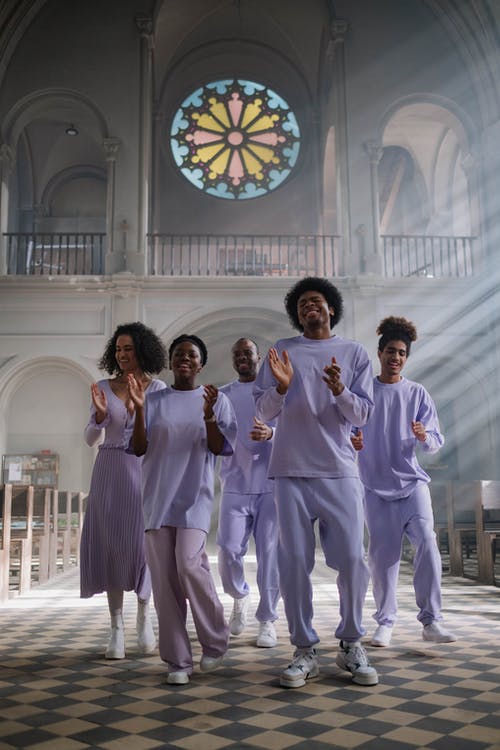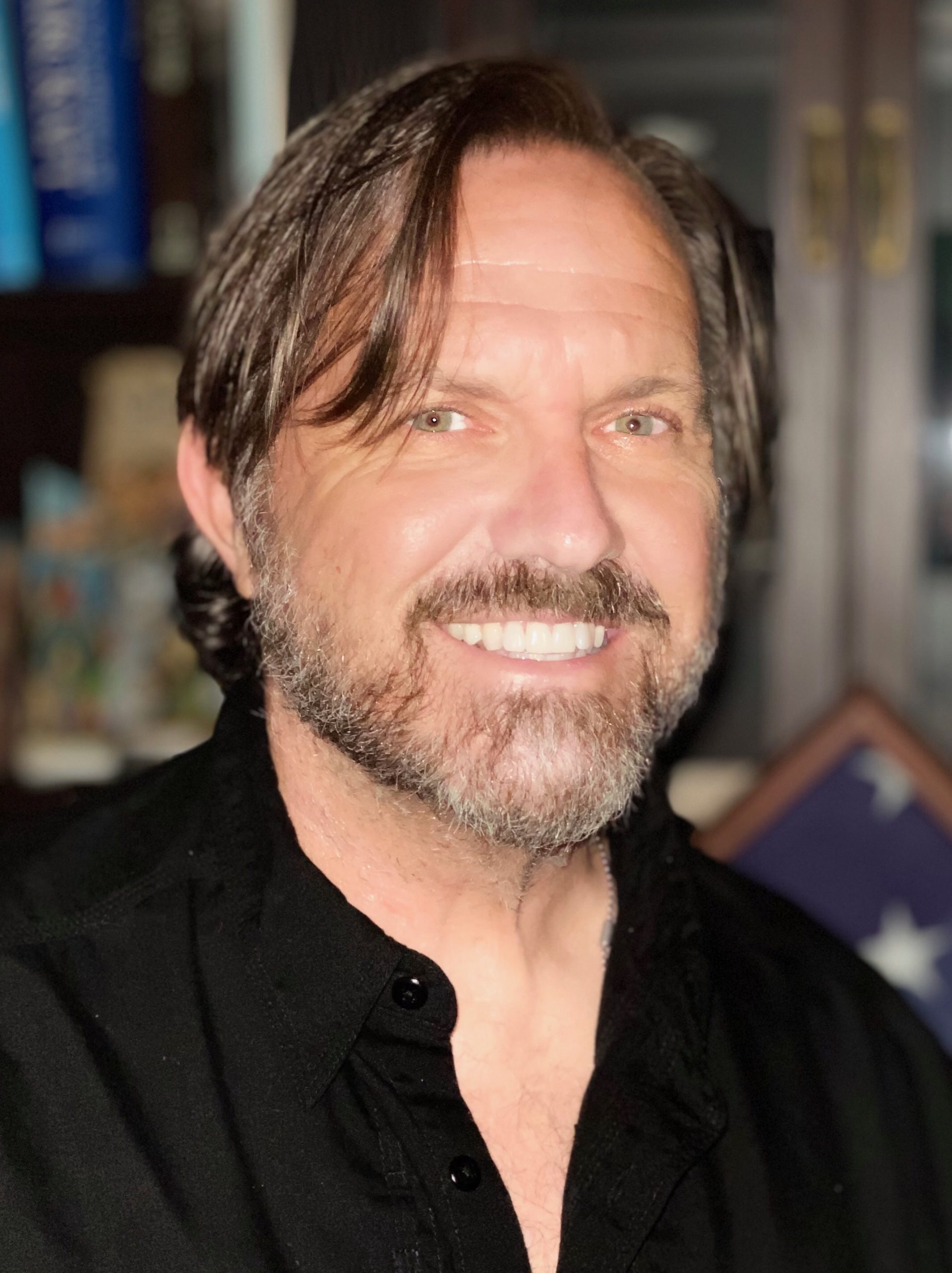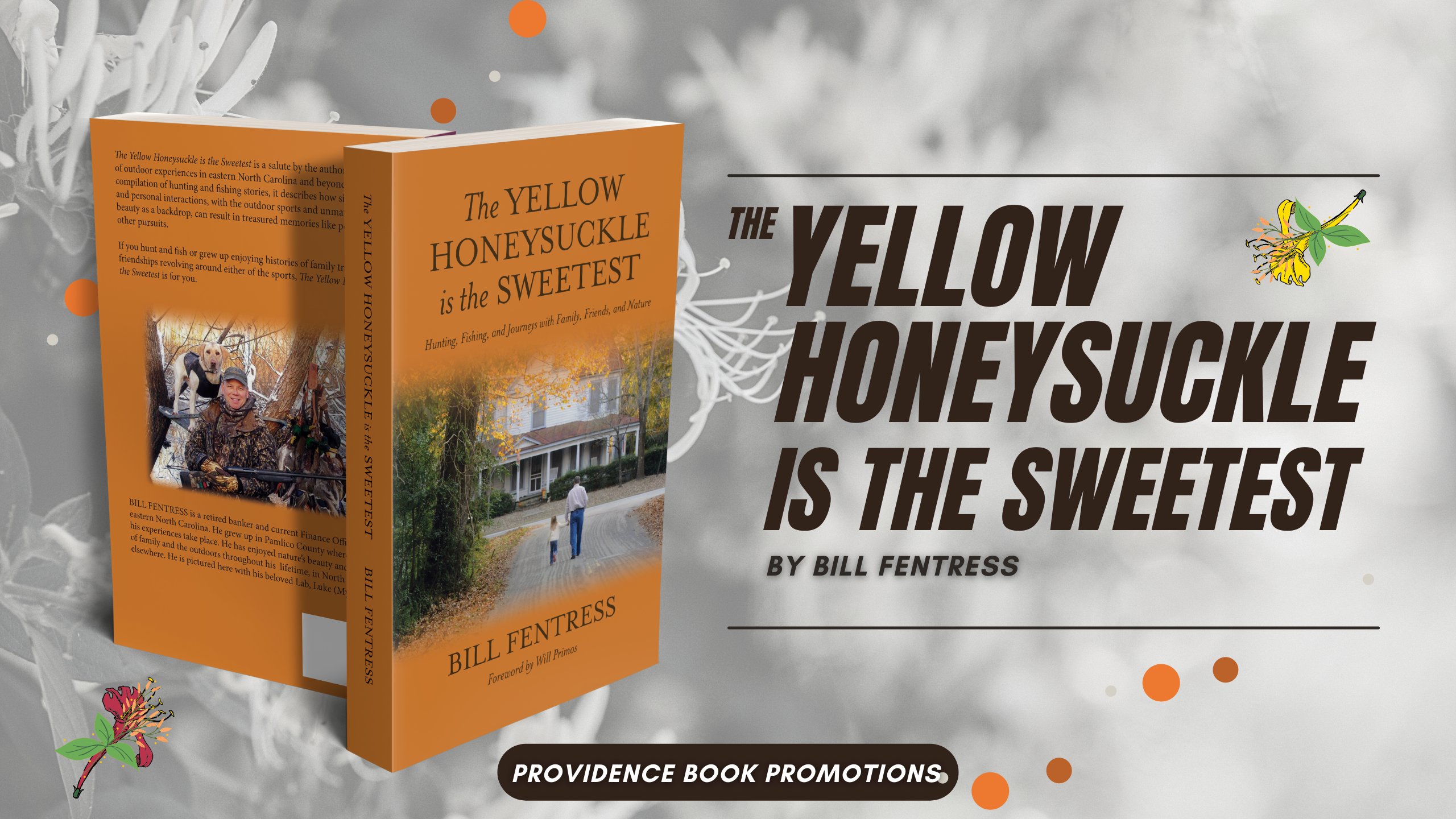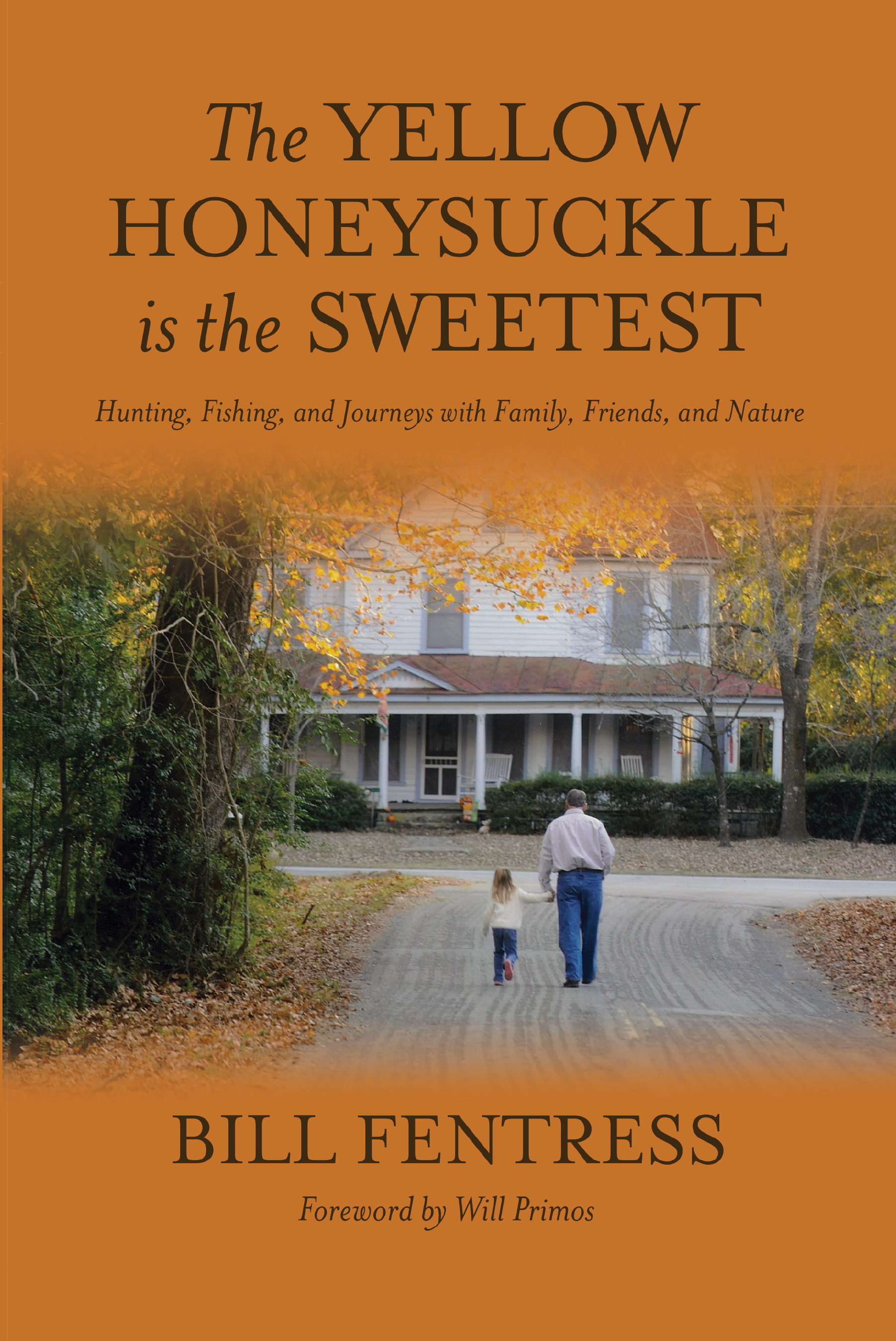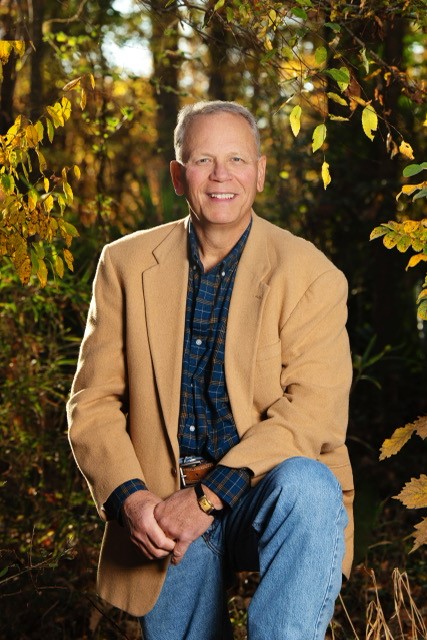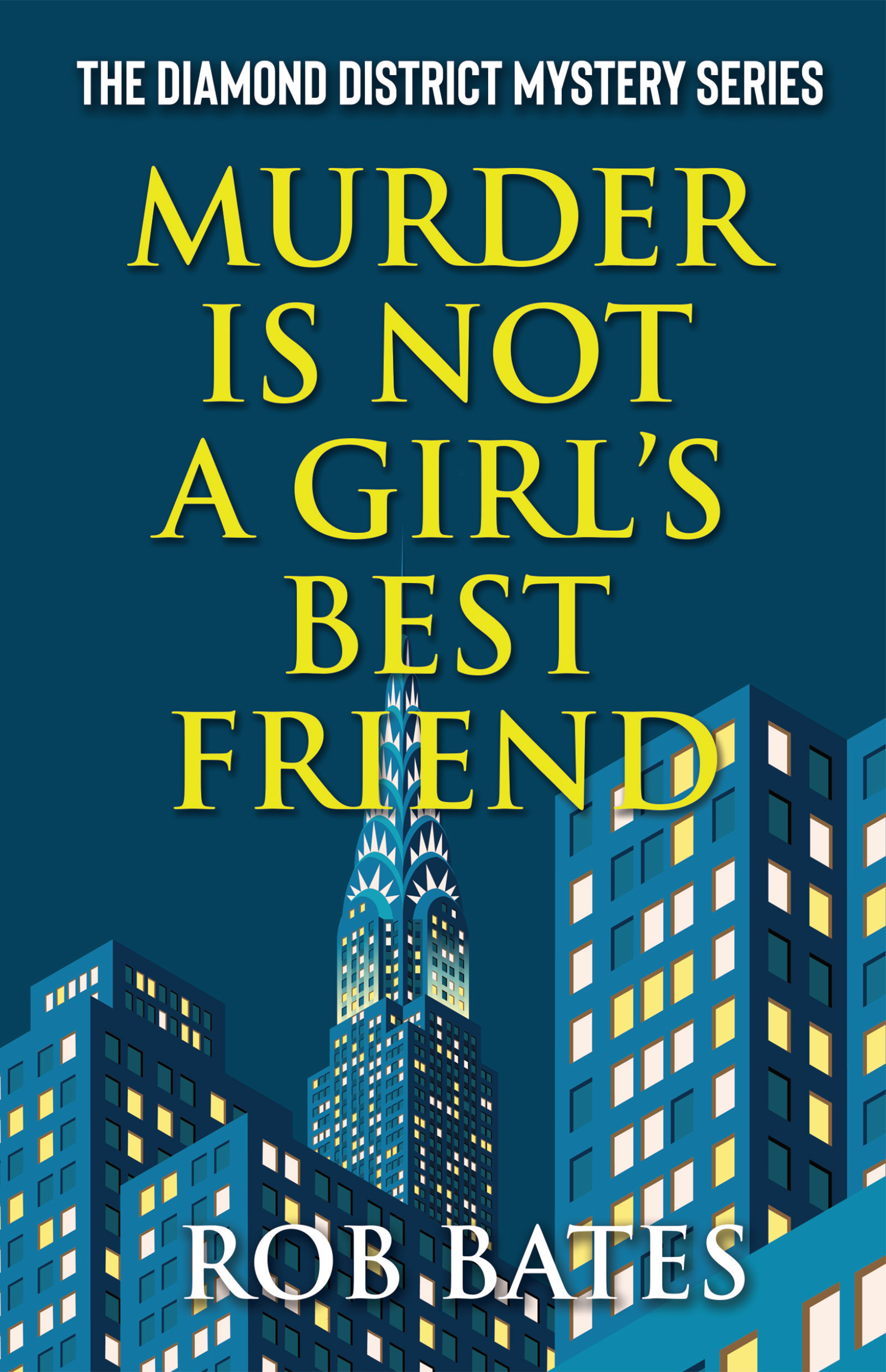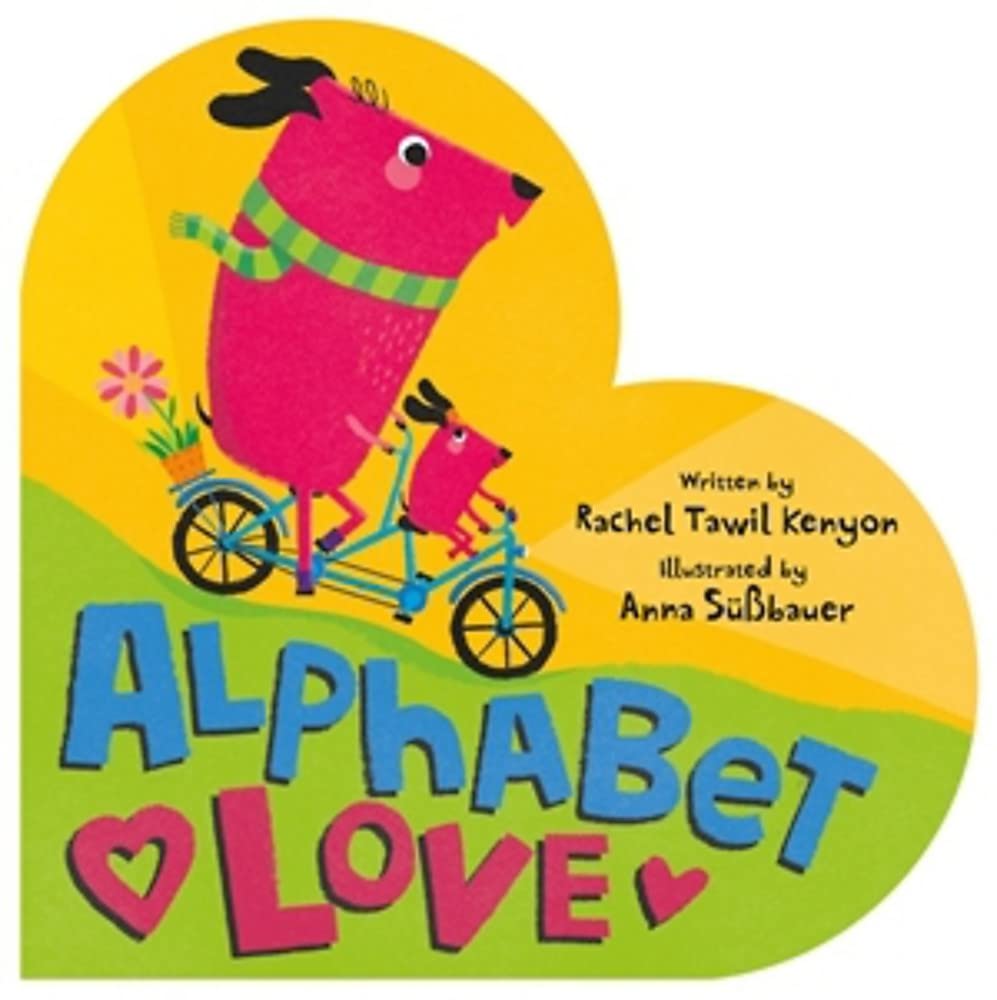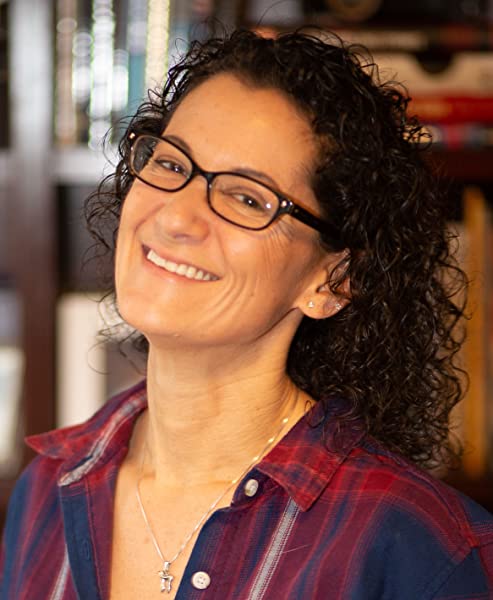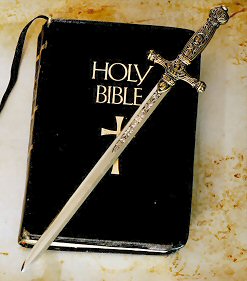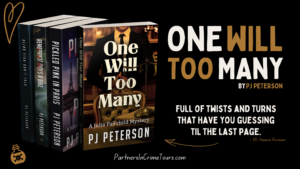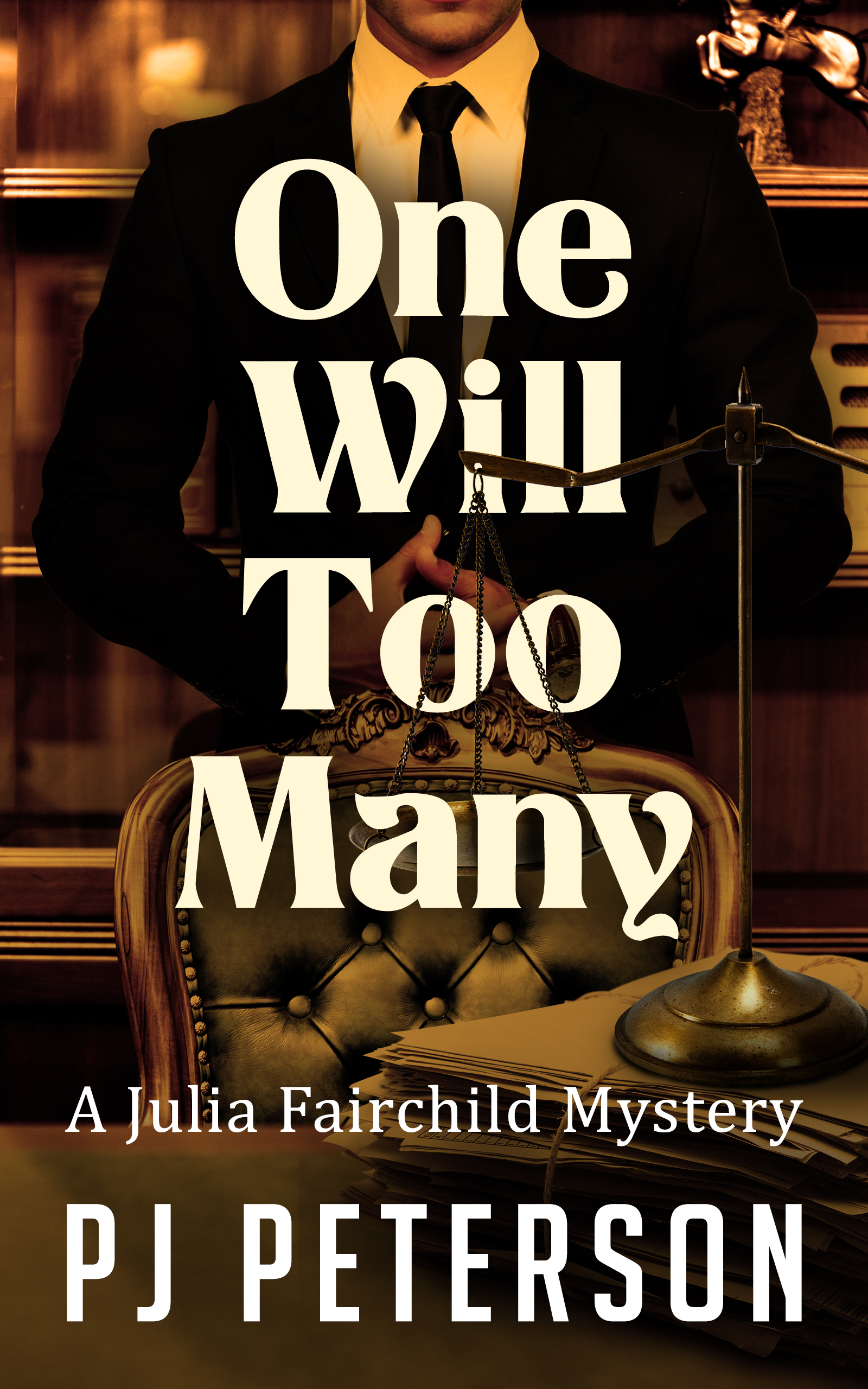Journalist-turned-amateur-sleuth Mimi Rosen is back with her father Max for another action-packed tale of murder and intrigue in New York City’s Diamond District.
A Reverend from Africa has found a sparkling $20 million diamond that he hopes will free his continent from the scourge of blood diamonds. But this attempt to do good soon turns very bad. After the diamond is stolen and leads to a series of murders, Mimi discovers both the diamond and the Reverend have a less-than-sparkling history.
Soon, Mimi is investigating a web of secrets involving a shady billionaire, a corrupt politician, Africa’s diamond fields, offshore companies, as well as an activist, filmmaker, computer genius, and police detective who may or may not be as noble as they appear. Is the prized gem actually a blood diamond?
They say diamonds are a girl’s best friend. Maybe yes. Maybe no. One thing is for sure. Murder is not a girl’s best friend.
There are many twists and turns in this book. So many that you’ll probably not figure out who the bad guys are. There just appear to be so many of them.
Thank you, Mr. Bates, for another trip through the Diamond District and through the eyes of Mimi Rosen. I enjoy the way she just keeps on muddling through and look forward to her next adventure.
CHAPTER ONE
Mimi Rosen felt terrible. She felt like crap. She was overcome by guilt—the kind that gets lodged in your throat and stays there. Her day at the “Social Responsibility and the Diamond Industry” conference had been draining and dispiriting, as one speaker after another grimly recited the industry’s ills. They acknowledged that conflict diamonds—which fueled civil wars in countries like the African Democratic Republic, or the ADR—were far less of a problem, and many diamond mines benefited local economies.
Then came the “but.” As Mimi’s father said, “in life, there’s always a but.”
“Beautiful gems shouldn’t have ugly histories,” thundered Brandon Walters, a human rights activist known for his scorching exposés of the ADR’s diamond industry. “This—” he aimed his finger at the screen behind him, “is how ten percent of the world’s diamonds are found.”
Up popped a photo of an African boy, who couldn’t have been older than sixteen. He was standing in a river the color of rust, wearing nothing but cut-off jeans, bending over with a strainer. Mimi could see his vertebrae under his skin, feel the sun beating down on him, sense the stress and strain on his back.
“That kid is paid two dollars a day for his labor,” Walters declared. “If you sell diamonds, this may not be your fault.” He paused for emphasis. “But it is your responsibility.”
Walters had sandy-blonde hair, high cheekbones, a perfectly trimmed goatee, a ponytail that flopped as he talked, and a South African accent was so plummy it sounded affected. He looked to be in his mid-twenties but had the bearing and confidence of someone ten years older. Unlike the other activists, who delivered their speeches in whispery monotones with their eyes glued to the podium, Walters planted his feet firmly at the center of the stage and stood on it like he owned it. He peppered his talk with splashes of theater, dropping his voice to signal despair, or cranking it up to roar disapproval.
Mimi didn’t want to close her eyes to his message, but knew she might have to, to preserve her sanity. Diamonds were now how she made her living. She had been working at her father’s company for over a year—a fact she sometimes found hard to believe. She occasionally dreamed of again working as a reporter—the only thing in life she had ever wanted to be. But journalism had become an industry that people escaped from, rather than to.
She had hoped the conference would inspire her. She had even convinced her father, Max, to come. Instead, the sessions made her feel depressed and sorry for herself—which didn’t feel right, as she was hearing about extreme poverty in a plush New York City auditorium with the air conditioning cranked, while the summer sun broiled the streets outside.
She also knew the industry’s problems weren’t so easy to fix. When Mimi started working at her dad’s company, Max seemed intrigued by her idea of a socially-responsible diamond brand. She was excited to help change the industry.
Then the project ran into roadblocks. She never quite determined what a “good” diamond was. What if it was unearthed by one of the diggers Brandon Walters talked about, who earned two dollars a day? Human rights activists condemned that as exploitive. Yet, they also admitted those workers had few other sources of income and would be far worse off if the industry vanished. They didn’t want to kill the business; they wanted to reform it. Mimi wasn’t an expert on any of this—and even those who were didn’t always agree.
Mimi spent many nights and weekends researching these issues, and ended up frustrated, as the answers she sought just weren’t there.
When her project began losing money, her father started losing patience. Mimi hoped that dragging her father to this conference would reignite his interest. Nope.
“These people act like everything is our fault. All minerals have issues.” Like many in the diamond business, Max believed his industry was unfairly picked on. He fixed his yarmulke on his bald head, so it stayed bobby pinned to one of his side-tufts of hair. “I haven’t done anything wrong. I’m only trying to pay my rent.”
Max spent most of the conference with his arms crossed, his face toggling between bored and annoyed. If he had a phone, he’d probably spend the day staring at it. But he didn’t, which was another issue.
Following Walters’ talk, he leaned over to Mimi. “I should call Channah for my messages.”
Mimi gave him her mobile and a dirty look. He had already borrowed her phone six times that day. She considered lecturing her father to get over his stupid aversion to buying a cell phone, so he didn’t constantly pester the receptionist to see who called. But she’d also done that six times that day.
Besides, she was intrigued by the day’s final speaker.
Abraham Boasberg grabbed the crowd’s attention the moment he stepped on stage. “I believe there is a reason that God put diamonds in the poor countries and made rich countries desire them,” he bellowed, puffing out his barrel chest. “And I’m going to prove it.”
Mimi sat up and thought, who was this guy?
She soon found out. Boasberg was six feet tall, stocky, bearded, with a bright red yarmulke capping a salt-and-pepper mop of curly hair. He worked in the diamond business, and his words came fast and forceful. Like Brandon Walters, he seemed to savor being the center of attention. He had a mike clipped to his suit and prowled the stage like a panther. His presence filled the auditorium.
“This whole conference, we have heard about the problems of our trade. They are real. The people who dig diamonds are part of our industry. They deserve to be treated fairly.
“But we must do more than just complain,” he declared, holding up his index finger. “We need solutions!
“What if diamonds, which once helped rip the African Democratic Republic apart, could put it back together? What if they built new roads, schools, and hospitals?” He stopped and took a breath, his chest heaving. “What if diamonds became symbols of hope?”
Max returned to his seat and handed Mimi back her phone. She was so entranced with Boasberg, she barely noticed.
“A few months ago,” Boasberg proclaimed, “a local Reverend in the African Democratic Republic found a one-hundred-and-seventeen-carat piece of rough on his property. It has since been cut into a sixty- six-carat piece of polished, about the size of a marble. It has been graded D Flawless, the highest grade a diamond can get. It’s the most valuable diamond ever found in the ADR. It’s worth twenty million. Easy.”
A giant triangular gem appeared on the screen behind him, gleaming like a sparkly pyramid.
Max’s eyebrows shot up. This guy was talking diamond talk, a language he understood.
“But that is more than a beautiful diamond.” Boasberg declared, sweat beading on his forehead. “That is the future.”
“Here’s what usually happens with diamonds in the ADR. In most cases, miners hand them over to their supporter, who’s basically their boss who pays their bupkis. Or, if they’re freelance, they’ll sell them to a local dealer, who pays them far below market value. The miners don’t know how much the diamonds are worth, and they’re usually hungry and just want a quick buck.
“And since the ADR has no money to police its borders, most dealers smuggle diamonds out of the country to avoid taxes. As a result, the ADR gains little from what comes out of its soil. Its resources are being systematically looted.
“When I met Reverend Kamora, I told him, consumers are turning away from diamonds because they believe they don’t help countries like yours. That further hurts your people. Now, instead of working for two dollars a day, they’ll do the same work for even less.
“But what if we can flip the script? What if this diamond helps your country? And what if we let people know that? That will increase its value. It’s documented that people will pay extra for products that do good, like Fair Trade Coffee. It’s the same reason kosher food is more expensive. It’s held to a higher standard.
“If we get more money for this diamond, soon every gem from the ADR will be sold this way. We’ll do an end run around the dealers who have robbed the country blind. We’ll turn ADR diamonds into a force for good.” He pivoted to the screen. “Let’s talk about this gorgeous gemstone.
We wanted to call it the Hope Diamond. That name was taken.” A few members of the audience tittered.
“We’re calling it the Hope for Humanity Diamond. Four weeks from now, we’ll auction it from my office, live on the Internet. We want the whole world to watch. We’ll even sell it in a beautiful box produced with locally mined gold.” On screen, a glittering yellow box appeared. The diamond sat inside it, perched like a king on a throne.
“What celebrity wouldn’t want to wear a diamond called the Hope for Humanity?” Boasberg asked. “It will make them look glamorous and morally superior.”
The audience laughed.
“This diamond—” he exclaimed as spit flew out of his mouth, “will transform a continent.” He stretched out his arms, revealing pit stains the size of pancakes.
“So many conferences talk about Africa, but you never hear from people who actually live there. And so, I’ve flown in the Reverend who found the diamond, to talk about what it can do for his country. Reverend Kamora, can you come here, please?”
The auditorium grew quiet as small middle-aged Reverend Kamora shuffled to the front. He walked slowly, gripping the guardrail as he climbed the stairs to the stage. When he finally arrived at the microphone, Mimi could barely hear him; his voice was low and delicate, with the soft cadence of a bell.
“For years,” he began, “blood diamonds were a curse on my country. Things happened that were hard to describe. They haunt us still.” He paused, as he momentarily got choked up.
“The African Democratic Republic has known two decades of peace, but not one minute of prosperity. Like many people in my country, I dig for diamonds for extra money. It’s hard work. I don’t make much from it. But I have no choice.
“Many people who work in my country’s diamond fields don’t understand why people in the rich countries buy diamonds. Some believe they are magic. And when I found this gem in a riverbed, sparkling in the sun, I thought God had blessed me with a bit of magic.
“But God’s real gift came when I met Mr. Boasberg. He told me that we could hold an auction for this diamond, receive a better price for it, and ensure the proceeds benefit the people of my country.
“I hope you tune into the auction of the Hope for Humanity Diamond four weeks from today. Together, we can change my country’s diamonds from a curse to a blessing. That will really be magic.”
After a tough day, Mimi felt a smidgen of optimism. When Reverend Kamora finished speaking, her eyes were filled with tears. She peered at her father. He was asleep.
After Reverend Kamora toddled from the stage, Boasberg bounded back to answer questions.
A man approached the microphone in the middle of the audience. “Mr. Boasberg,” he asked, “what are you getting out of this?”
“Nothing,” Boasberg smiled. “I’m not even taking a commission. I see this as the way forward for the business that I love, and a country I care about.”
“Mr. Boasberg,” a second person asked, “how do we know the money will go where you say it will?”
“Our accounts will be posted online and completely transparent.
We’ll account for every penny.”
On it went, Boasberg swatting back every question with the grace of a tennis pro. Maybe it was the journalist in her, but Mimi was growing skeptical. Boasberg’s almost-Messianic tone struck her as too good to be true.
Just then, she heard a familiar voice at the microphone. It was Brandon Walters, the activist who spoke earlier.
“Mr. Boasberg, I’m intrigued by your new initiative,” he said. Mimi braced herself for the “but.”
“But when you talk about dealers who’ve robbed the country blind, you didn’t mention you were once partners with the worst offender.”
Boasberg’s nostrils flared. He looked down at Walters like he wanted to kill him.
The young activist plucked the mic from its stand and spun around to address the audience.
“For those unaware, Mr. Boasberg used to own a company with Morris Novak. During the civil war in the African Democratic Republic, Morris Novak was one of the biggest dealers in blood diamonds. He remains a significant player in the industry, though his main business today is money laundering. Diamonds are kind of a sideline.
“For years, I’ve sought to expose Morris Novak’s corruption. In response, he has repeatedly threatened to sue me. Our friend Mr. Boasberg could help by supplying information about Novak’s business dealings. He won’t.”
He circled back to Boasberg. “So, while it’s admirable you want to play a role in the ADR’s future, maybe first, you should come clean about your past.”
There was a smattering of applause.
Throughout Walters’ speech, Boasberg appeared ready to erupt, and when it ended, that’s what he did. “First of all,” he boomed, “you are correct, Morris Novak is my former partner. Let me emphasize former. I haven’t worked with him in six years. Is that long enough for you?
“Second, who the hell cares? This is old news. The problem with you non-government organizations, you NGOs, is you’re always pointing fingers. Maybe if you stop the holier-than-thou B.S., you could help do something good.”
Walters seemed to relish this reaction. “I’m just saying,” he shot back, “that given your history, and that of certain of your, shall we say, ‘associates,’ you’re an unlikely savior for the ADR.”
This sent Boasberg into a fury. The bickering grew so loud, even Max woke up.
The moderator—a middle-aged woman with silvering hair wrapped in a bun—hurried to the stage and declared question time was over.
“Thank you, Mr. Boasberg for that inspiring presentation,” she said, with a jittery squeak. “The conference organizers would like to present you this humanitarian award for your efforts.”
The award was likely pre-arranged and came off as awkward with Walters’ question hanging in the air. The moderator rushed through her praise of Boasberg, while he impatiently fingered the marble statue. When she finished, he stormed off the stage.
The moderator gamely tried to end the meeting on an upbeat note, saying it had many “impactful takeaways” and “urgent calls to action,” and reminding everyone to attend the post-conference cocktails in the next room. No one listened. They were digesting that final spectacle.
So was Mimi. Walters’ question had transformed Boasberg from a passionate plain speaker to another defensive diamond dealer, like her dad. Maybe he was too good to be true.
***
Excerpt from Murder is Not a Girl’s Best Friend by Rob Bates. Copyright 2022 by Rob Bates. Reproduced with permission from Rob Bates. All rights reserved.
Rob Bates has written about the diamond industry for close to 30 years. He is currently the news director of JCK, the leading publication in the jewelry industry, which just celebrated its 150th anniversary. He has won 12 editorial awards, and been quoted as an industry authority in The New York Times, The Wall Street Journal, and on National Public Radio. He is also a comedy writer and performer, whose work has appeared on Saturday Night Live’s Weekend Update segment, comedycentral.com, and Mcsweeneys He has also written for Time Out New York, New York Newsday, and Fastcompany.com. He lives in Manhattan with his wife and son.

